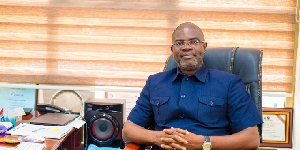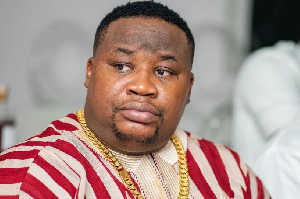As the President presents the State of the Nation Address today, a cross-section of Ghanaians and some business operators are asking government to work to stabilize the local currency cedi, provide jobs, reduce the cost of fuel and enhance the personal security of Ghanaians.
High expectations on gov’t campaign promises
In random interviews conducted by Business Finder, respondents stated that government had to do more this year, particularly on some campaign promises such as One District, One Factory and One village, One Dam.
Stabilizing the Cedi
Owusu Amankwah, a spare parts dealer said he wants the government to do more to keep the cedi relatively stable to the US dollar. “We at Abossey Okai here, our major challenge is the cedi and taxes. We want the government to consistently address these threats for us.”
Improve Security
Hassana Ibrahim of Kasoa in the Central Region told the paper that the President was on track but must do more to reduce the rising insecurity across the country.
“For me, I think that President Akufo-Addo is a bold leader who wants to leave a lasting legacy…We must all support him to achieve results. He must however step up his game to curb the security challenges.”
Issues to be tackled in the Address
President Nana Addo Dankwa Akufo-Addo’s second State of the Nation Address today is expected to re-emphasize the 2018 Budget Statement and Economic Policy of ‘Putting Ghana Back to Work’.
Some issues that president is expected to touch on are the IMF programme which is expected to end this year, improvement of the business environment to attract many investors, improvement in the power supply and expansion of water to various communities, development of the agricultural sector amongst others.
Hopes high for an improved economy
A substantial number of market watchers, economists and analysts are optimistic of an improved economy, but the major concern is unemployment, insecurity and poor sanitation which have not seen any significant improvement since the new government assumed office.
Monetary Policy
The Bank of Ghana’s latest Monetary Policy Report said the country had achieved an overall budget deficit of 5.4 percent of GDP in the year to November 2017, against a target of 6.0 percent.
GDP
Total revenue and grants was 17.1 percent of GDP, below the target of 19.0 percent while total expenditures, including arrears clearance, was 22.5 percent of GDP below the budgeted estimate of 25.0 percent.
Provisional GDP estimates from the Ghana Statistical Service indicated that the economy grew by 9.3 percent in the third quarter, up from 9.0 and 6.6 percent in the second and first quarters of the year respectively.
Inflation
Inflation ended the year, 2017 at 11.8 percent while interest rates generally followed a declining trend.
The Central Bank also said in the same report that business and consumer confidence had soared, “pointing to positive sentiments on growth prospects, realization of business expectations and general improvements in the economy.”
General News of Thursday, 8 February 2018
Source: thefinderonline.com













